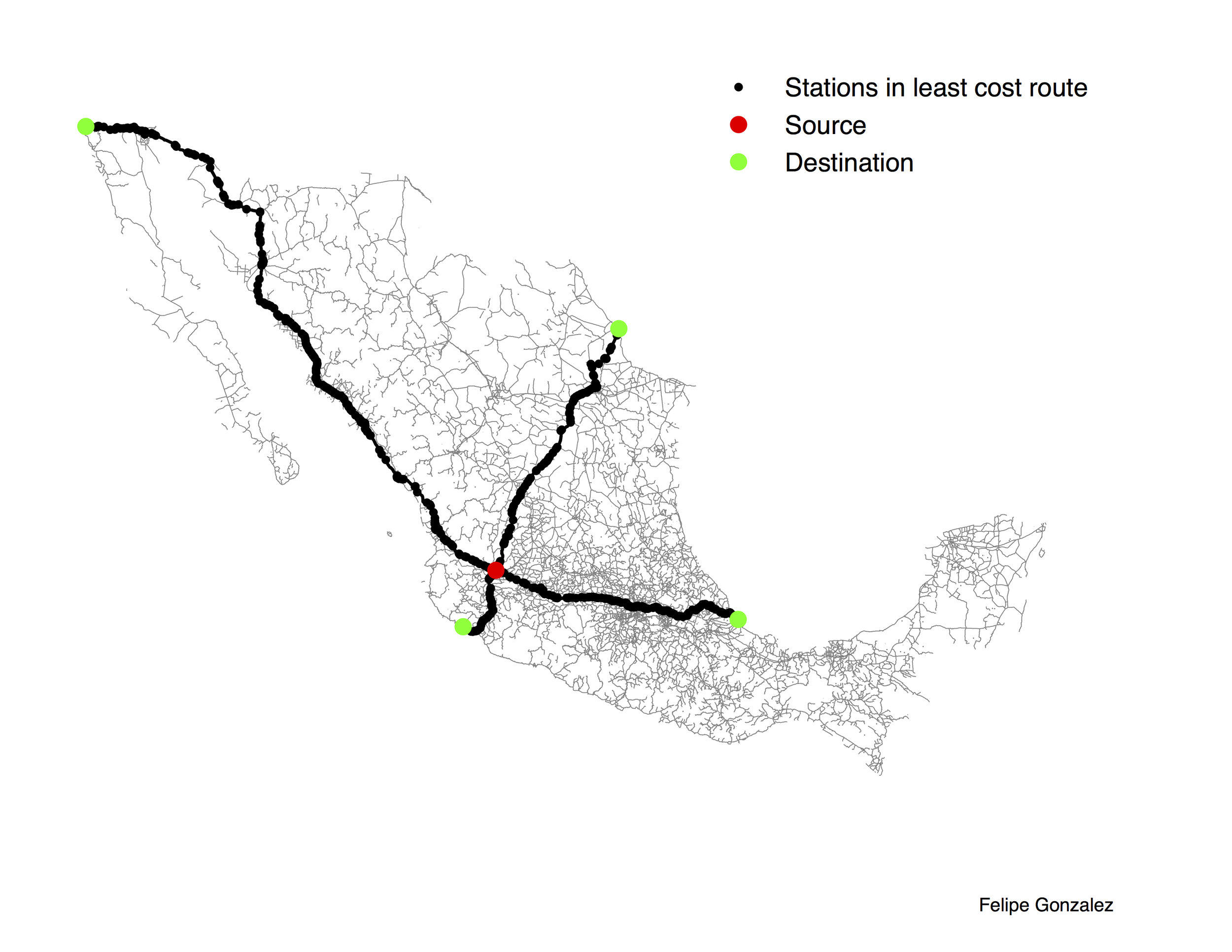classes @ UC Berkeley
Global Challenges (Public Policy 190-1 / 290-19)
This course will survey societal challenges that are fundamentally global in nature, in contrast to challenges that are more effectively addressed by domestic policies. The goal of the course is for students to understand the cause and structure of a broad set of global challenges, with an eye towards eventually participating in their management or resolution. The first part of the course will provide foundations for understanding the governance context in which global challenges emerge. We will begin with a history of the international system, notions of sovereignty and self-determination, and a review of many current institutions that play key roles in international governance, including the UN, WHO, ICJ, INTERPOL, WTO, World Bank, IMF, the international treaty system, and private firms. The second part of the course will examine individual topic areas, building students’ knowledge of modern issues and policy debates. Topics may include the governance of oceans; poverty and development; trade, banking, and food systems; international aid and assistance; natural disaster risk-sharing; ecosystem management and biodiversity; global health and pandemic risk; climate change; international conflict and espionage; governance of space; minerals and energy systems; refugees and international migration; scientific research and technology transfer.
SPATIAL DATA AND ANALYSIS (Public Policy 275)
Because the detailed analysis of spatial data is a relatively young and informal field, there is no "corpus" of training that is considered standard (and there are very few textbooks). Recognizing this fact, the modest aim of this class is to help students "think spatially" so they can understand and engage with spatial data and studies of spatial data intuitively and creatively. The course is designed to train students to think clearly and rigorously about spatial data and its analysis, to be informed consumers of spatial analyses, and to be capable of conducting their own analysis and display of spatial data for policy or research. Usefulness and creativity in analyses are emphasized alongside accuracy, clarity, and aesthetic appeal in the display of results. Exposure to diverse applications, through both readings and labs, give students a sense of breadth and utility of analyses they may undertake using tools from the class.
Some student projects:
Foundations of Sustainable Development (Public Policy 290-8)
This course is about the long-run welfare of humankind. We will attempt to make progress on the question “What are the necessary and sufficient conditions for economic, social, and political development to be sustained?” The answer is unknown, but together we will try to get up to date on basic questions, debates, and some proposed solutions. We will focus particular attention on those insights that can inform the design of public policy.
The objective of the course is twofold: (1) develop a humane and rational long-term perspective about the future and (2) learn analytical tools used to understand, model, and make decisions that affect future welfare outcomes. We will approach (1) by reading and analyzing non-technical texts that discuss technical issues by current leading thinkers in this field. We will then try to distill and give precise structure to these high-level discussions through (2).
Interdisciplinary Research Methods: Environment, Society, & Global Change (Public Policy 290-19 & GEOGraphy 257)
Co-taught with David Ackerly (Integrative Biology), Max Auffhammer (Agriculture & Resource Economics), and Laurel Larsen (Geography)
This advanced graduate course will survey interdisciplinary research on global problems at the nexus of humans and the environment. The course will cover data-based research methods from a variety of disciplines in the social, physical and biological sciences, with particular attention to the integration of research methods across disciplinary boundaries. A core focus of the course is the design of research that can inform decision-making and policy development. Topics covered will include: food systems and irrigation; globalization and biotic homogenization; valuation of ecosystem services and sustainable development; conflict, migration, and the environment; ecosystem design, regulation and policy; health and disease ecology; natural disasters; drought and anthropogenic climate change.
Seminars
Office Hours
Graduate Students: If you are coming to office hours to consult about technical questions related to data and statistical modeling of climate impacts, please be sure that you are up to speed on the basics before the meeting. This will allow us to make the most of our time together. Consider the following three review articles pre-requisites to a consultation during office hours:
Intro to climate change for economists: Hsiang & Kopp (2019)
Intro to climate data for econometrics: Auffhammer et al (2013)
Intro to econometric approaches for climate impacts: Hsiang (2016)
Review of results in climate impact studies: Carleton & Hsiang (2016)
In addition, if you are coming to consult about
climate impacts on violence, also read this review: Burke et al (2015)
impacts of tropical cyclones, also read section 18.6 of this review: Camargo & Hsiang (2016).
Misc
Knowing what we know: Comparing and consolidating empirical findings
Slide from Berkeley Institute for Transparency in Social Sciences Lecture on inter-study comparison and meta-analysis



